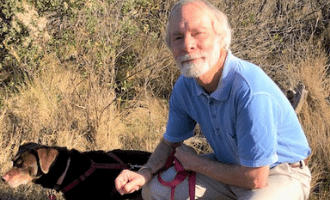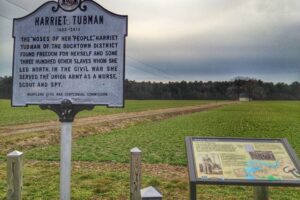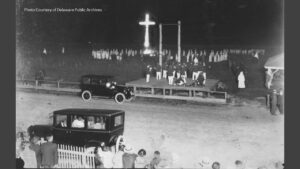Anna Ella Carroll and Harriet Tubman served the federal government during the Civil War with Carroll writing in support of President Lincoln’s policies and advocating the Tennessee River campaign and Tubman serving as a scout, spy, and nurse. Living with limited means in the last decades of the 19th century, they both sought government pensions in recognition of their contributions. Reviewing the documentation and arguments for and against, we will explore both cases to determine the eligibility and merit of each case. Ready to grab hold of a political hot potato? Then join our pension board as we examine whether compensation for national service in war is “a woman’s province” in the last years of the 19th century.
Course Links:




